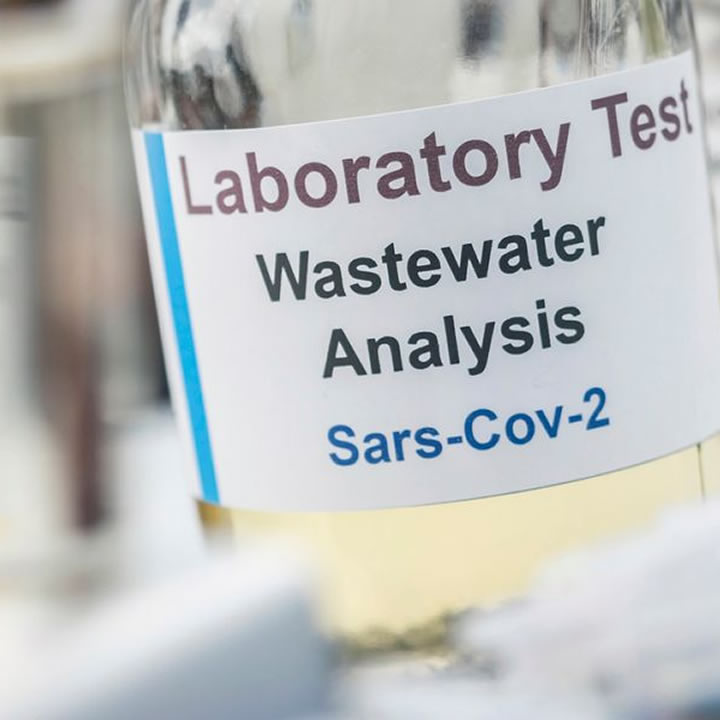Assay development has become a top priority for public health laboratories worldwide in response to the COVID-19 pandemic. The rapid progression of the virus and its variants combined with a lack of available serological tests has necessitated the development of new molecular assays.
Recently, RT-qPCR (reverse transcriptase quantitative real-time polymerase chain reaction) assays have been developed that can differentiate SARS-CoV-2 variants Omicron BA.1 and BA.2.
This ability to distinguish emergent variants has added a tremendous amount of value to the molecular surveillance of this pandemic, enabling scientists to keep a close eye on the ongoing mutations of this virus while providing clinicians with critical, actionable data that goes far beyond a simple positive/negative COVID-19 rapid test.
Detecting Virus Variants
Some of the first RT-qPCR assays that were validated to differentiate between Omicron variants were developed by a team of scientists in Israel. In the wake of the rapid global spread of COVID-19 variants, scientists saw a need for the development of new diagnostic tools as a matter of public health.
In the study to validate their assay, nasal swabs were collected for RNA extraction and analysis through successive PCR.
The research included a comprehensive analysis of genome sequences of SARS-CoV-2 Wuhan A19 in addition to Delta B.1.617.2, Omicron BA.1, and Omicron BA.2 variants.
The key to distinguishing between the rapidly spreading Omicron variants was found in the deletion of certain amino acid positions in the COVID-19 spike gene, which was found to be exclusive to the BA.1 variant.
Research to identify and describe reactions and mutations that can effectively distinguish Omicron BA.1 from BA.2 and other emerging variants is ongoing.
Data collection methods thus far have relied heavily on probe-based quantitative PCR and have been able to identify four notable mutations — some shared by both Omicron variants and others exclusive to one variant or the other.
Multiplex analysis of these reactions is sufficient to distinguish between Omicron BA.1, Omicron BA.2, and non-Omicron SARS-COV-2.
The RT-qPCR assays developed in the course of this research offer consistent results distinguishing between the emergent Omicron variants BA.1 and BA.2. The assay is suitable for use in research and diagnostic applications and for testing both environmental and clinical samples.
The ongoing spread and mutation of COVID-19 variants make it likely that the need for rapid development of new diagnostics tools will be ongoing. The success of RT-qPCR assay development in distinguishing between Omicron variants makes it likely that PCR analyses will continue to play a large part in testing and research for COVID-19 and new variants going forward.
The Key to Effect COVID-19 Response
While complete genome sequencing still offers the most comprehensive data for researchers, it is not a viable solution for widespread, rapid testing. The ongoing development of new PCR assays may be the key to an efficient and effective COVID-19 response in terms of testing and data collection as we move into the post-Omicron phase of the pandemic.
Reliable PCR assay testing allows for timely and comprehensive analysis of large amounts of environmental and clinical samples, allowing the scientific and medical communities to generate more and better data, in turn leading to better public health outcomes for all.

